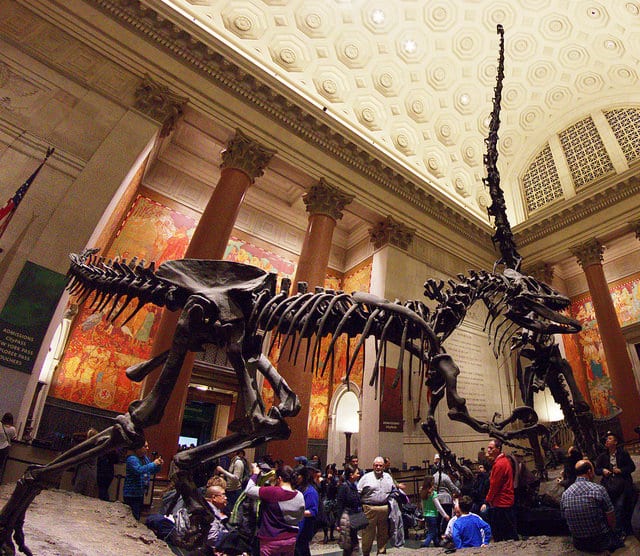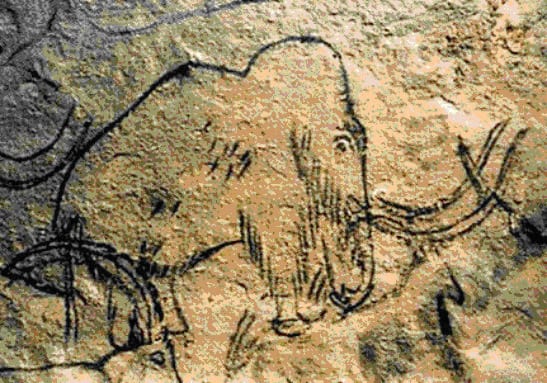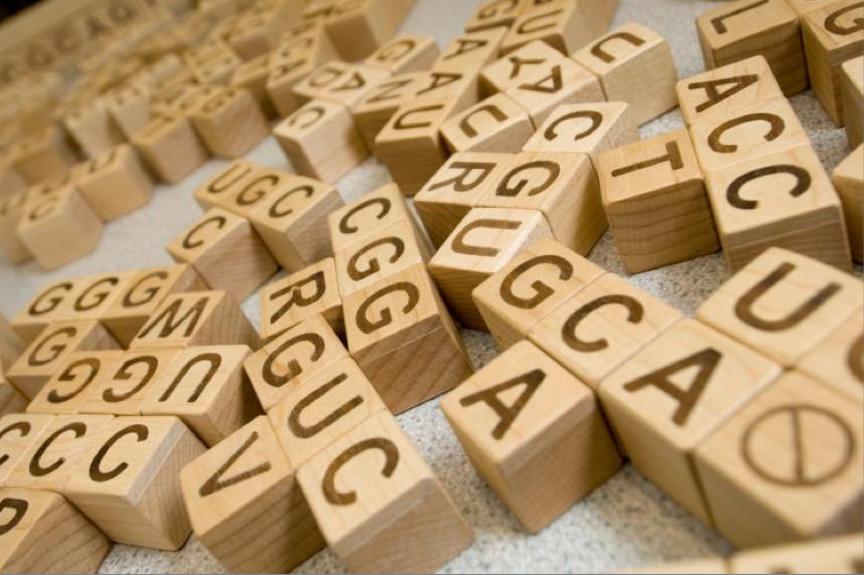Big Things Come in Small Packages
Some of the most powerful things are quite small: a microscopic virus can defeat an elephant; Giant Redwoods grow from tiny seeds; a computer chip the size of your fingernail can send us to Jupiter and back; and just one minuscule sperm cell can fertilize an egg and start new life. In most animals, sperm





